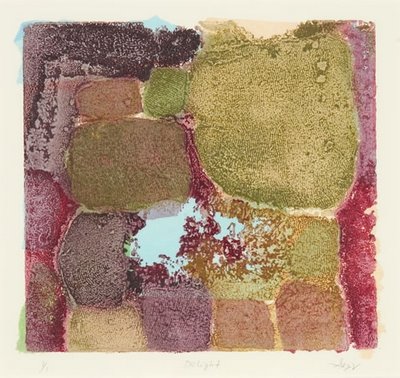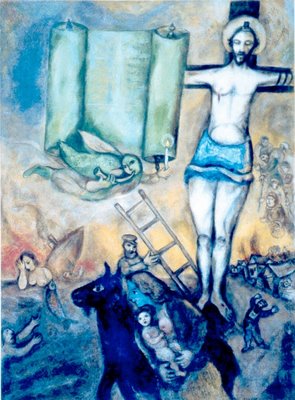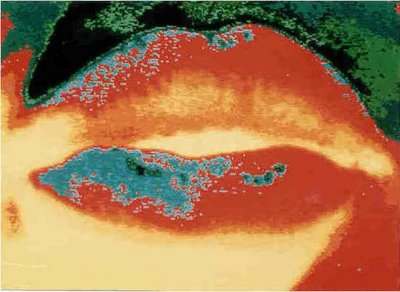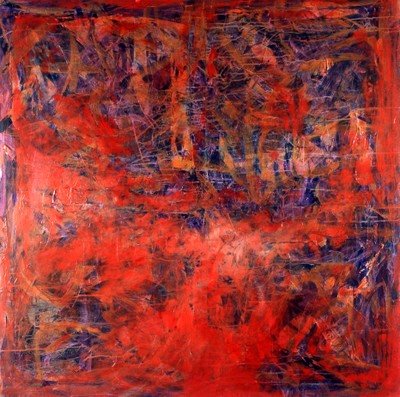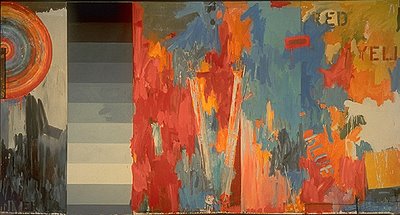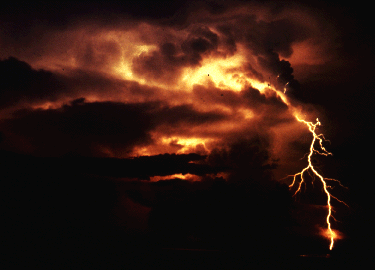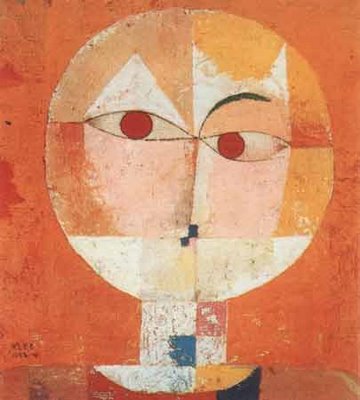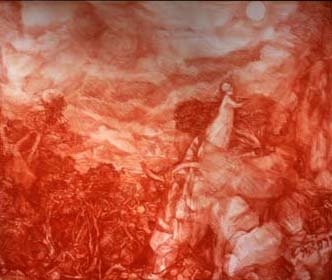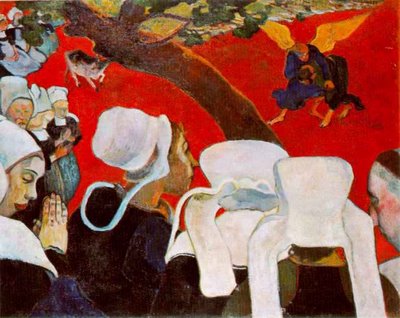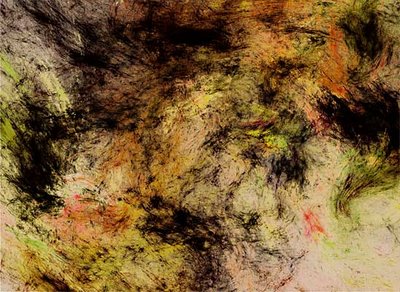 I have seen a limit to all perfection, but your commandment is exceedingly broad.
I have seen a limit to all perfection, but your commandment is exceedingly broad. (Psalm: 119: 96)
The 119th psalm is longer than most. It is full of praise for the law, precepts, commandments, judgments, statutes and testimonies of God. This is praise for the fullness of the
Torah.
The psalmist has often lost his way but has always returned to the path of righteousness because of these teachings. He is giving thanks for this saving guidance.
He is evidently once again being oppressed and his life is threatened. He is seeking help.
One scholar has commented that there is "no progress of thought" in the long psalm. It is more a chant.
As such, for me, verse 96 stands out. It seems to offer a new insight, but the meaning, for me, is obscure. The translation above is in my opinion accurate. The individual words are not ambiguous.
The Hebrew translated as perfection is
tiklah, derived from
kalah, this is completion, ending, or fulfilment - sometimes the destruction or death - of almost anything. The plot has failed, the effort is finished, the goal is achieved, the game is over.
The psalmist has translated the adjective
rachab as broad. In its verbal form rachab is to grow wide, to grow large, to extend, perhaps to continue growing.
This suggests to me that the psalmist has seen the culmination of human effort, but he cannot see the end of God's teachings. The human is finite, the divine is infinite. He has come to the end of his own effort and now depends on the infinite grace of God.
Above is Inside Infinity by Fractal Dimensions.

